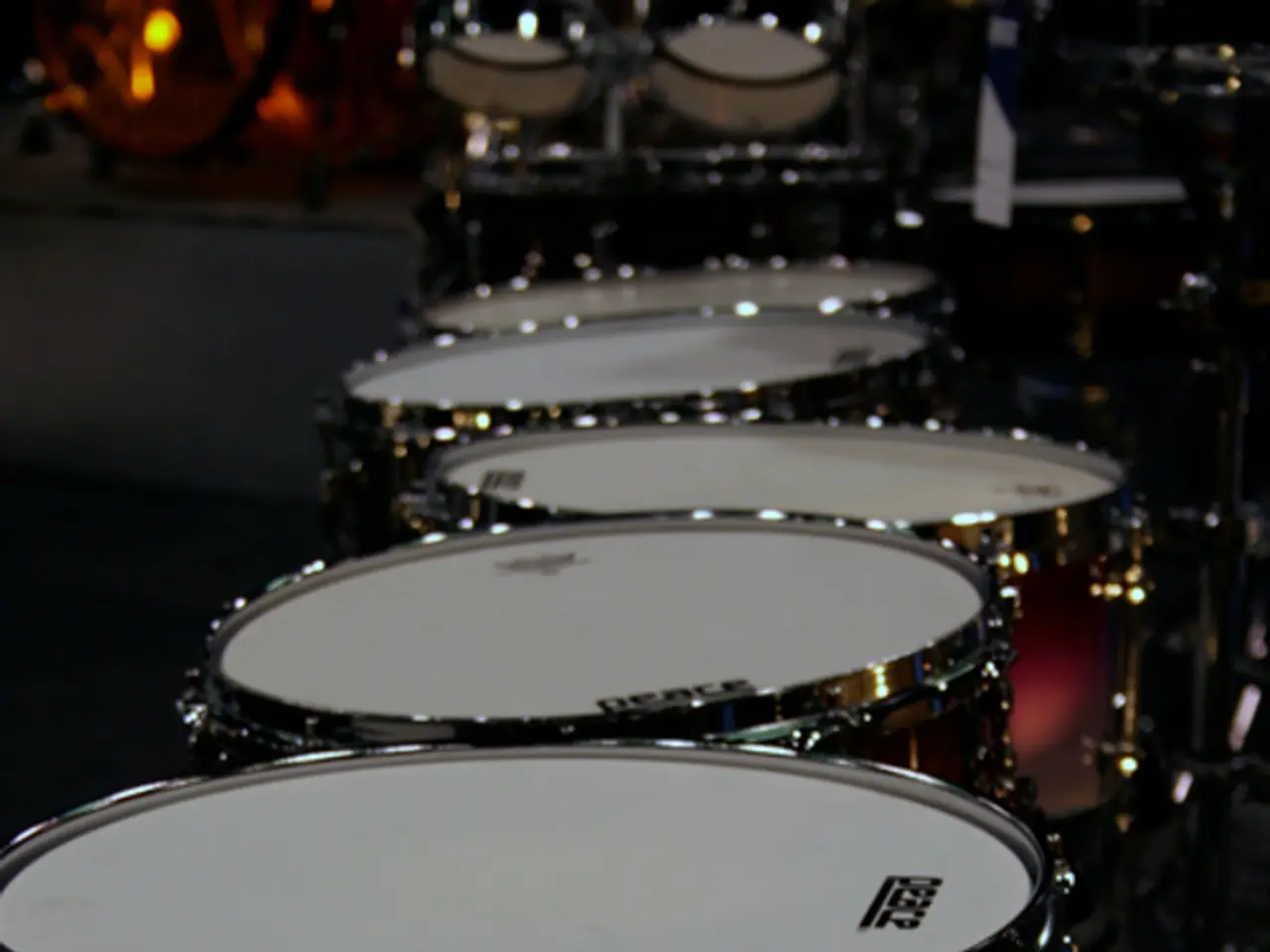Trump issues threats toward Maduro and rekindles the "drug conflict"
In recent weeks, the United States has intensified its anti-drug campaign in the Caribbean, with significant implications for several countries in the region.
The US Navy has deployed over 4000 soldiers, a helicopter carrier, sea-land forces, a marine reconnaissance aircraft, a submarine, and several warships to the vicinity of Venezuela. This move comes as the US continues its efforts to combat drug smuggling, a problem that has long plagued the region.
The US campaign has not gone unnoticed by the Venezuelan government, with President Nicolás Maduro describing the US military presence as the "greatest threat" in a century. Maduro's government considers this presence as a threat and has stated that Venezuela will resort to armed combat to defend its territory if attacked.
The tensions between the US and Venezuela are not new. The US has a publicly declared goal of a regime change in Caracas, but Maduro, in office since 2014, is still in power despite mass demonstrations, uprisings, coup attempts, historically high inflation, economic crisis, food shortages, and much more.
The US has targeted drug smugglers operating out of Venezuela, with one recent interception of a speedboat full of drugs resulting in the deaths of eleven individuals, according to President Donald Trump. The US government defines these drug smugglers as terrorists, allowing for the revocation of Venezuelans' immigration status and potential deportation.
The US has also offered up to $50 million for information leading to Maduro's arrest, accusing him of establishing a narco-state and aligning with defecting units of the former Colombian guerrilla FARC-EP to flood the US with cocaine. A warrant has been issued for Maduro's arrest, but he remains in power.
Mexico is also involved in the US campaign, with key drug cartel members being extradited to the US for prosecution. The US and Venezuelan governments maintain two communication channels: one with the US State Department and another with Trump's Special Envoy, Richard Grenell.
Last month, Venezuelan opposition figure María Corina Machado thanked Trump and Rubio for sending warships to the region, describing it as a "correct approach" towards the Venezuelan government. However, Maduro has accused Secretary of State Marco Rubio of trying to oust him and referred to him as a "warmonger."
The US's actions in the Caribbean partially revive the "War on Drugs" from the 1980s to the 2000s in Colombia. In February, the US government designated the Mexican Sinaloa Cartel, Tren de Aragua, and the Cartel of the Suns, which is reportedly controlled by Venezuelan officers and Maduro, as terrorist organizations.
As the situation in the Caribbean continues to unfold, both the US and Venezuela have made it clear that they are prepared for any eventuality. Maduro has warned the US against military intervention in Venezuela, stating that Venezuela is maximally prepared for the defense of its territory. The US, on the other hand, has stated that operations in the Caribbean waters against drug smuggling will continue. The future of the region remains uncertain, with tensions between the US and Venezuela at an all-time high.
Read also:
- Tobacco industry's suggested changes on a legislative modification are disregarded by health journalists
- Trump's Policies: Tariffs, AI, Surveillance, and Possible Martial Law
- Uncovering Political Ad Transparency: A Guide to Investigating opponent's Political Advertisements in the Digital Realm
- Elon Musk praises JD Vance's debate performance against Tim Walz








